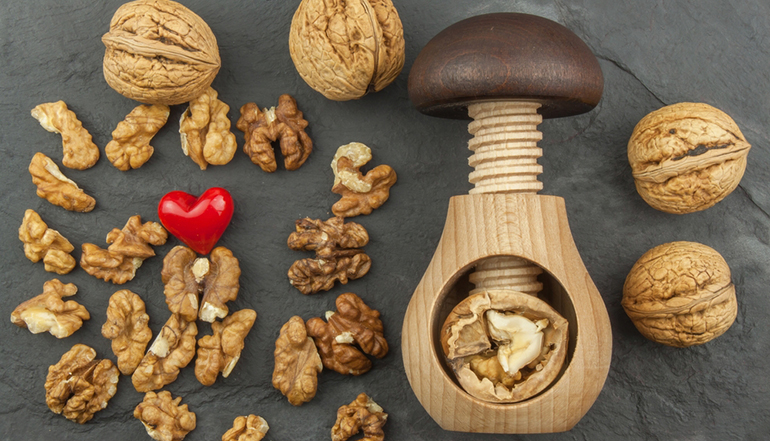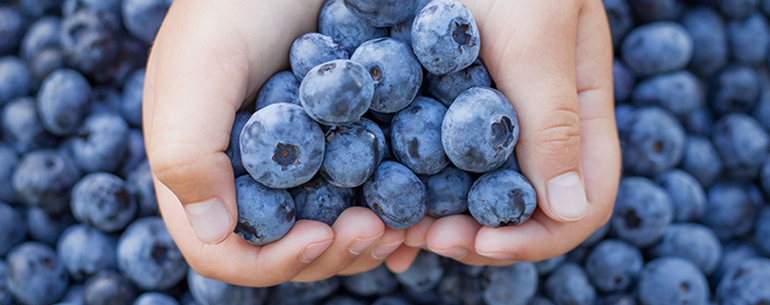The word from the nutritionist
Nuts: because it feels good?
An ancient legend attributed to this dry fruit the ability to ward off disease and prolong life to those who consume them, but is it true?

It is a fruit rich in properties, a bit caloric, but certainly much protein and therefore it takes part in vegetarian diets. Walnuts contain more proteins of the eggs, they have a high content of vitamins (A, E, K, C, B1, B2, B3 or PP, B5, B6, B9) and are poor in cholesterol.
They have antioxidant and anti-inflammatory properties, giving sense of satiety and aid to face the constipation thanks their content in fiber. They are fruits of a thousand potential in the kitchen, can be inserted in fact in many dishes, both sweet and savory, creating very nice combinations on the palate.
The nuts also are good for people of all ages: they contain fatty acids that serve to focus, improve learning ability and memory and are therefore ideal for boys who study and go to school, but also for stressed and busy adults and for who perform intellectual work. Thanks to these positive features, even children and pregnant women can eat them. The vitamins and minerals in nuts, including iron, phosphorus and copper, are very useful to the health of the nervous tissues, skin, nails, bones and hair.
Scientific studies advice to eat between 40g and 80g of nuts a day to receive all the benefits that this fruit can give us, but it is important don’t exaggerate because they have many calories and they may cause allergies.
Published 10 November 2016





